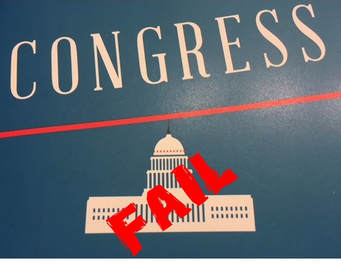
The best evidence for this assertion are the dueling memos released by the House Intelligence Committee Republicans [1] and, later, by the House Intelligence Committee Democrats [2]. The crux of the issue is this: in the summer and fall of 2016, the FBI sought and obtained a warrant under the Foreign Intelligence Surveillance Act (FISA) to monitor the communications of Carter Paige, a named foreign policy advisor to the Trump campaign. The Republican memo asserts that the Department of Justice and FBI abused the FISA process in order to spy on the Trump campaign. They claim that the FBI used a controversial dossier produced by a former British intelligence agent without making clear to the judge that the dossier was funded by political opponents of President Trump. But what the Republican memo completely fails to mention is the fact that Carter Paige first came to the attention of the FBI in relation to their investigation and subsequent conviction of members of a Russian spy ring operating in New York in 2013. At that time, well before Trump came to the forefront of the political stage, Paige was identified by name by the Russians--in recorded conversations--as someone who wanted money for information. The FBI presented that history, along with some activities by Carter Paige in Russia in the summer of 2016 (comments critical of the U.S. government), as part of their case to the judge when seeking the FISA warrant to surveil Paige. Omitting this history of Paige's prior entanglement with Russian spies is an unreasonable omission on the part of the House Intelligence Committee Republicans. This omission undermines the credibility of the Republican memo. By omitting the most important facts that directly refute their central allegation, the Republicans stoop to the level of publishing mere propaganda, and they sully the credibility of the entire United States Congress in the process.
The National Security Editor of National Public Radio--the closest thing we have to unbiased media in America these days--sides with the Democrats and makes quite clear in his analysis that the Republican memo is at least incorrect and perhaps intentionally misleading. In this blog on April 8th, I also argued that the Republican hypothesis of some conspiracy to unjustly undermine President Trump is simply not supported by the facts [3]. The Grand Jury supporting the Special Counsel's investigation--16 to 23 Americans chosen for jury duty just like in your home town--has handed down nearly 20 indictments, including 13 Russians accused acting to interfere with the 2016 US election. Five Americans have plead guilty to perjury or other charges in connection with this investigation. The text of both memos may be found at the links provided in footnotes [1] and [2].
Congress' failure to hold the Trump administration accountable for illegal activities, both during the campaign and since taking office, is a serious breach of each Congressman's duty to uphold the Constitution. We are a nation of laws. The Constitution is our master law. A major premise of our democratic republic is that no person, party or group is above the law. A reasonable definition of despotism and tyranny is a state in which the elites apply the law to control the population without themselves being subjected to the law. The pattern of perjury, violation of campaign laws and apparent obstruction of justice by members of the Trump campaign staff and administration are a serious challenge to the very core of our identity as Americans. The fact that the Republicans in Congress are unwilling to put country in front of party is a serious wake-up call: the very people who are supposed to write and uphold our laws are willing to look the other way to protect their party's control of our government. This November, when we have the power to replace 87 percent of Congress, we must vote against any Member who has so egregiously failed to uphold their oath to support and defend the Constitution.
[1] https://www.politico.com/story/2018/02/02/full-text-nunes-memo-fbi-transcript-385057
[2] https://www.npr.org/2018/02/26/584585889/fact-check-read-the-democratic-memo-from-the-house-intel-committee
[3] http://www.accountabilitycitizenship.org/blog/if-youre-buying-the-deep-state-conspiracy-theories-its-time-to-think-again

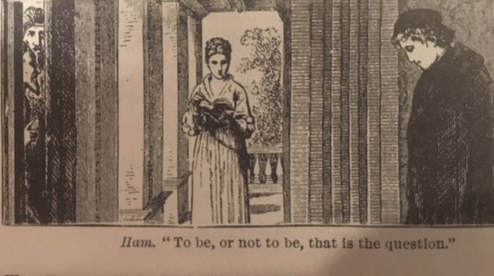


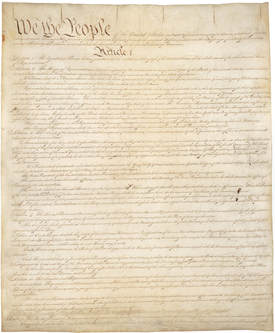

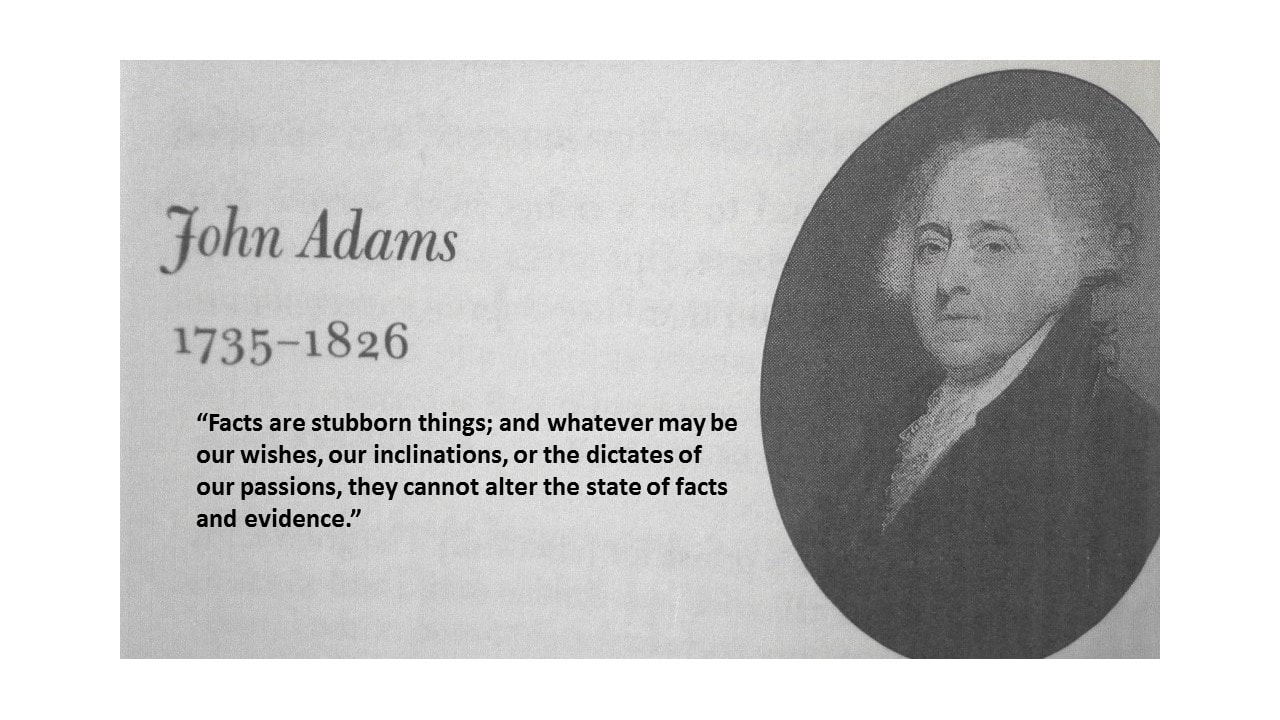
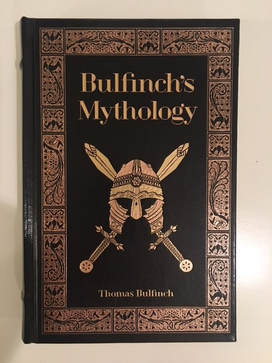


 RSS Feed
RSS Feed
